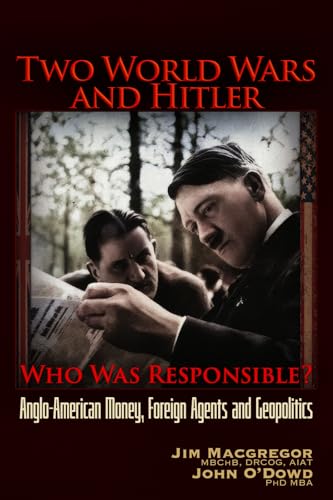
Assassination at Sarajevo
by Robin Santos Doak
"The Spark That Started World War I"
Popularity
1.98 / 5
* A book's popularity is determined by how it compares to all other books on this website.
Where to buy?
Buy from Amazon* If you buy this book through the link above, we may receive a small commission at no extra cost to you.
Assassination at Sarajevo by Robin Santos Doak
Details
War:
World War I
Perspective:
Researcher
True Story:
Yes
Biography:
No
Region:
Europe
Page Count:
50
Published Date:
2009
ISBN13:
9780756538576
Description
Brief Summary
"Assassination at Sarajevo" by Robin Santos Doak delves into one of the pivotal moments in modern history—the assassination of Archduke Franz Ferdinand and his wife, Sofie, by Gavrilo Princip. This historical event triggered a cascade of alliances and conflicts that ultimately led to the outbreak of World War I. Doak meticulously outlines the circumstances leading up to the assassination and its immediate aftermath, providing a compelling narrative of how a single event can alter the course of history.
Main Themes and Topics
The book predominantly explores themes of political tension and the fragility of peace in early 20th-century Europe. Through a detailed examination of the assassination, Doak sheds light on the complexities of nationalism, imperial ambitions, and the intricate web of alliances that defined European international relations at that time. The author also discusses the motivations and background of Gavrilo Princip, providing insights into the nationalist sentiments that fueled his actions. Another critical theme is the unintended consequences of political violence, as the assassination unwittingly paved the way for World War I.
Writing Style and Tone
Robin Santos Doak employs a clear and engaging writing style that makes complex historical events accessible to a wide audience. The tone is factual yet compelling, striking a balance between scholarly detail and narrative storytelling. Doak's ability to present a well-researched account while maintaining reader interest is commendable, and her use of vivid descriptions helps paint a clear picture of the era and its key figures. The book is structured to build suspense and understanding, drawing readers into the historical context of the assassination.
Criticism
While "Assassination at Sarajevo" succeeds in providing a detailed account of the 1914 assassination and its historical impact, some readers might find the focus predominantly on events leading up to the assassination rather than on broader implications during World War I. A more extensive exploration of the war’s progression and overall impact might have enriched the contextual understanding of the assassination's long-term effects. However, the choice to concentrate on the assassination itself offers depth and clarity to that specific historical moment.









